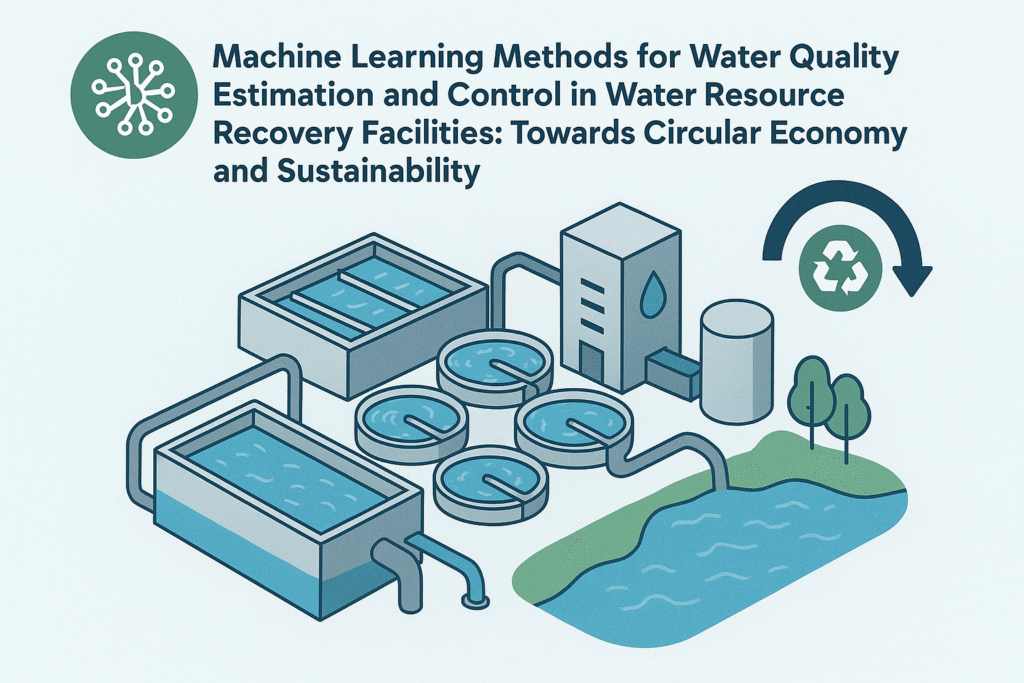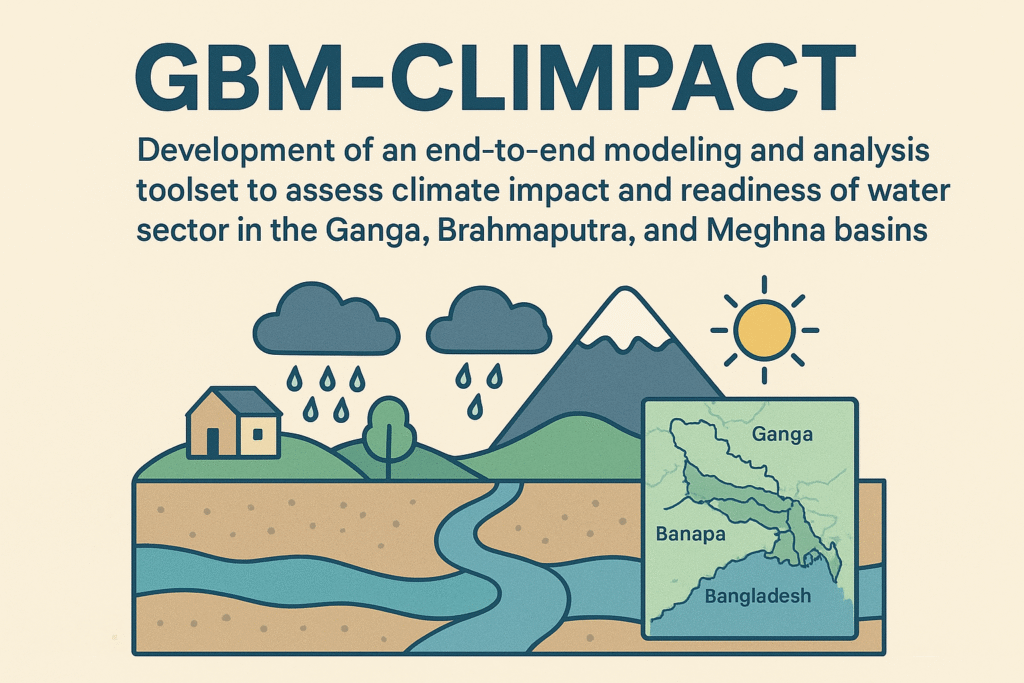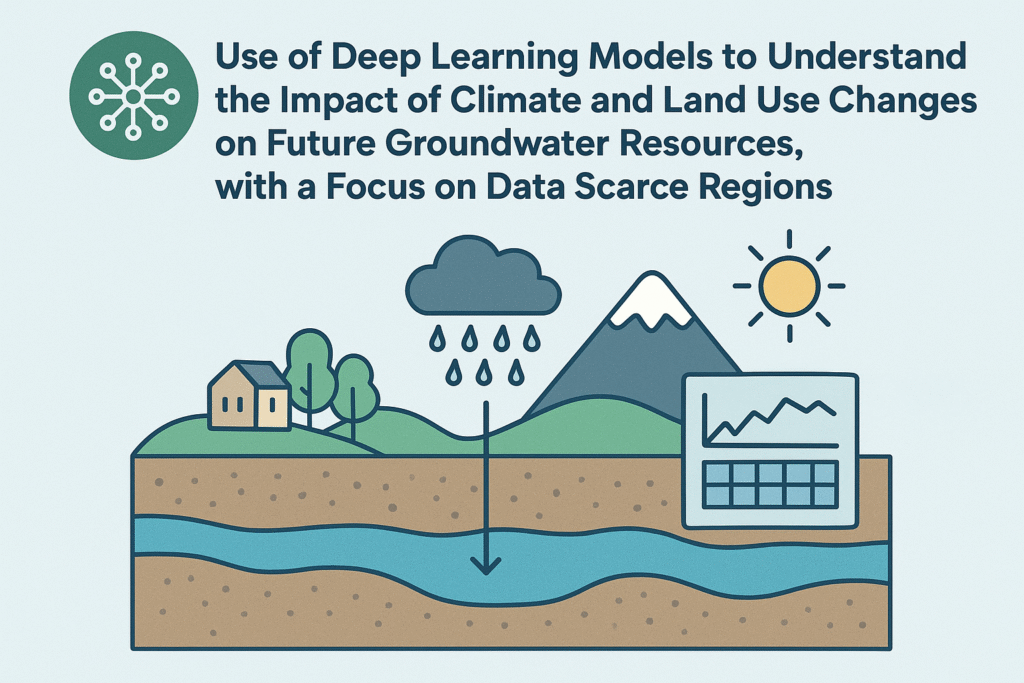Canadian PI: Dr. Peter Vanrolleghem
Canadian Institution: Université Laval
Indian PI: Dr. Seshagiri Rao Ambati
Indian Institution: Indian Institute of Petroleum and Energy (IIPE)
Project Summary:
The efficiency of current wastewater treatment plants (WWTPs) is threatened by abrupt changes in the wastewater, strengthened environmental protection goals and is not reaping the benefits of the potential of modern process control. Formal data-driven solutions that may aid to improve WWTPs include supervised learning methods such as partial least squares, support vector machines, and Gaussian process regression. However, it is challenging to apply single-output models successively and multi-output regression models allow for better performance. Also, the predictive exactness can be improved with adaptive learning techniques. Just-in-time methods, moving window techniques and time difference methods that are sufficiently adaptive to permit the monitoring and control systems keeping aligned with the changing system properties of the WWTP under control.
BSM1 and BSM2 are well-known models to replicate WWTPs. The growing curiosity regarding Internet of Things and Industry 4.0 is seeing wide promotion of the implementation of machine learning (ML) based approaches in WWTP applications. Some key questions remain, however: how can one apply ML models for WWTP effluent prediction, reduce energy requirements and GHG emissions, and maximize nutrient recovery. These questions are addressed here.
To summarize, the research deliverables require to develop (1) ML approaches to predict the effluent quality in terms of ammonium, total nitrogen and phosphorus, organics, Sludge Volume Index. (2) Adaptive frameworks for prediction of effluent quality, GHG emissions and nutrient recovery. (3) Reinforcement Learning methods at the process supervisory and regulatory layers for process control and (4) Experimental validation on Université Laval’s pilot-scale WWTP. Based on the outcomes of the project, WWTPs in India and Canada will be offered improved solutions in terms of energy and chemical savings, GHG emission reduction, effluent quality control and potential for resource recovery. The developed reinforcement learning algorithms will improve effluent quality and resource recovery while reducing operating costs and resource consumption. Collaboration will be sought with industries who design and build WWTPs. Preliminary (unpublished) results have already been obtained by the investigators showing the huge potential of these algorithms to predict effluent quality that can subsequently be used for control and process monitoring of real WWTPs at lesser cost.



